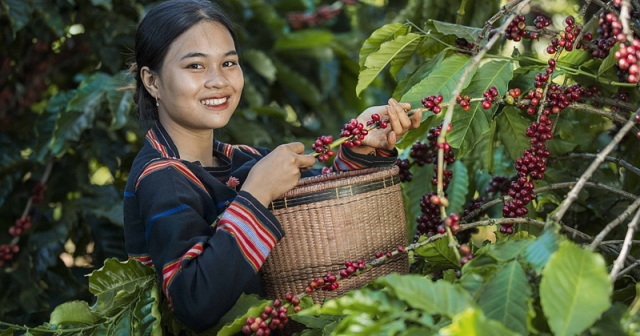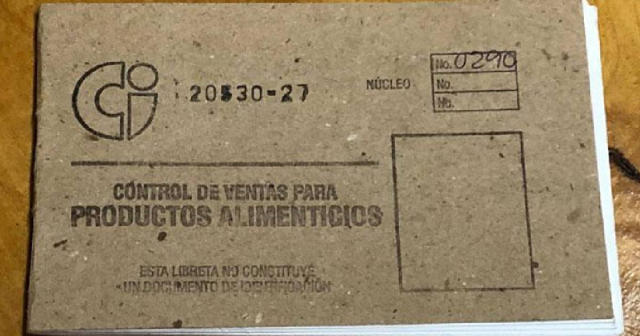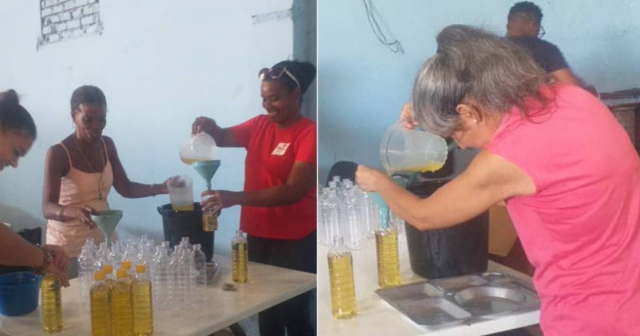
"Neither oil nor coffee," said the Minister of Domestic Trade, Betsy Díaz Velázquez, to the state media that asked her about the products from the regulated family basket that have not been distributed among Cubans for months.
“We do not have any plans for the month of September, just as there were none in August,” concluded the minister appointed by the “continuity” government of Miguel Díaz-Canel to manage one of the most significant changes that the Cuban regime is carrying out in a concealed manner: the gradual elimination of subsidies for the few food items and products sold through the rationing system.
Amid more or less scandalous delays in the distribution of rice, sugar, oil, salt, grains, and hygiene products, coffee has become one of the most exotic products for Cubans, despite being one of the main producing and exporting countries.
Introduced to Cuba in the second half of the 18th century, the Island produced over 60,000 tons of coffee per year in the 1950s. However, in 2021, it only harvested 11,500 tons, of which it exported 1,365, according to official data.
Like what has happened with the nearly nonexistent Cuban sugar industry, the consumption of sugar and coffee in the country largely depends on imports. Cuba, which taught Vietnam to cultivate coffee, now imports it from there, a bitter irony that reflects the collapse of agriculture and the food industry under the communist regime.
In October 2023, faced with a shortage of coffee in the basic basket, which had exceeded delays of five months, Cubans resorted to their ingenuity to create a new substitute beverage: plantain infusion.
However, the regime continues to carry out its policy of producing Cuban coffee for export, introducing new brands at international fairs and partnering with foreign companies to penetrate foreign markets where it obtains substantial profits that are managed by executives of the socialist business system with their usual opacity.
In Cuba, the population has been going through months of agony, unable to enjoy coffee through the ration booklet, but the government explains that the "blockade" prevents the importation of fertilizers and necessary supplies for coffee cultivation. Transformed into a luxury item on the Island, national coffee is sold in MLC stores at exorbitant prices that most Cuban workers cannot afford.
But far from reporting on this painful reality, the official Cuban press dedicates itself to singing the "advances" in the cultivation and production of national coffee, as well as its "successes" in international markets.
Without any shame, this Friday, the official organ of the Communist Party of Cuba dedicated an article to highlight the "aroma and flavor" of the coffee from the mountains of Alto Oriente in Guantánamo, which has just been recognized with the Denomination of Origin granted by the Cuban Office of Industrial Property (OCPI).
"The natural attributes of those mountains hold great potential for obtaining a high-quality aromatic grain," celebrated Granma, applauding the "successes" of the Asdrúbal López Coffee Processing Plant.
Will that exquisite coffee reach Cuban households? No; according to the mentioned source, "the purpose is to obtain the so-called Coffee with Denomination of Origin, much more appreciated by customers who seek it and pay exclusive prices, sometimes exceeding traditional market prices by dozens of times."
For Cubans who cannot pay for it in MLC, the coffee they will be able to taste (when it appears) will be of very poor quality, like the one a Cuban woman reported last November.
It might even come with a little foam, but it will definitely be a coffee that's "explosion-proof in traditional coffee makers."
What do you think?
COMMENTFiled under:






